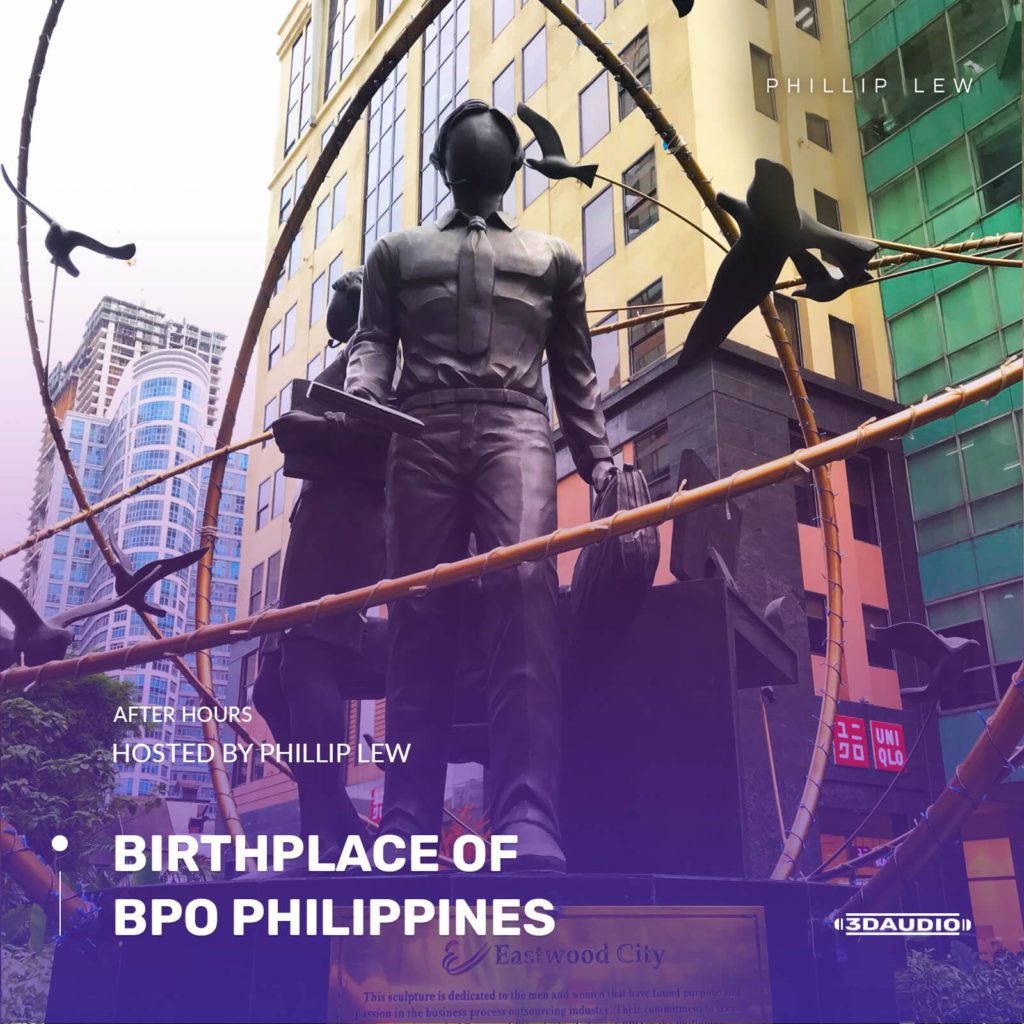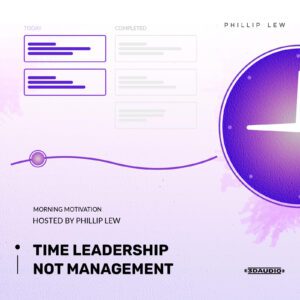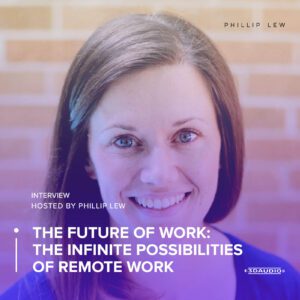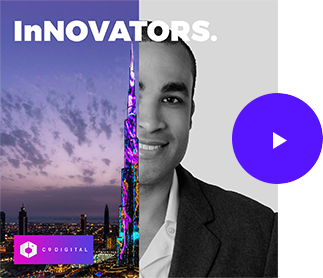
00:00
Paused.
Book Phillip to speak at your next event!
Birthplace of BPO Philippines
PHILLIP
I remember when I first moved to Manila back in 2014, I was living in Costa Rica and I decided to take a break after working for four years on my first startup after college in Los Angeles. I had heard stories about these incredible opportunities available within the BPO space from entrepreneurs all around the world. Friends from America, Europe, and Asia were all moving to Metro Manila to start contact centers, tech companies, and other kinds of startups. And they were taking advantage of the lower costs of labor and the reputation that the Philippines had for being number one in outsourcing.
But why is the Philippines really number one as an outsourcing nation? Sure, Filipinos speak great English, they’re very friendly, and they’re fantastic on the phone. But is that the only reason why 50% of the Fortune 1000 companies outsource parts of their companies to the Philippines? Why is the Philippines’ BPO industry amounted to a $23 billion industry and responsible for employing over 1.1 million people? And with the emerging technologies of AI-powered voice and chat conversational interfaces, what would be the country’s ultimate destiny as a future economy?
If we look at the history, we can learn that the BPO industry started from a single contact center, Accenture, which was founded by Frank Holz in 1992. This marked the beginning of the local BPO industry in the country as they opened their location in Eastwood City, which at the time, was a small, rural piece of landscape, supported by mainly agriculture and a informal economy. And transformed it into one of the most modern, affluent, culturally diverse cities in the country.
Now, Accenture was one of several early companies that pioneered the industry starting in the 1980s. The entire idea was that large multinational companies could take advantage of a local country’s talent at lower costs with greater skill. And in doing so, achieve leverage within their marketplace. What Accenture taught us was that the BPO as an industry was much larger than just customer service, but included the outsourcing of almost anything, including, not only contact center phone support, but entire divisions for industries such as animation, software development, engineering, game development, finance, HR, just to name a few.
The transformation of Accenture’s first office in Eastwood City and the immediate expansion of the entire industry over the next 40 years had a transformational impact on the entire culture and economy of this once humble farming nation. Now, going back to my story, I remember when I first arrived in Metro Manila. Even though I had the opportunity to experience living in a developing nation when I was in Costa Rica, I was truly taken back by how dense the city population was. Fourteen million people living in a concrete jungle that was clearly not designed to handle such explosive migration.
At first, I had a really tough time with the unbearably slow traffic, pollution, and extreme forms of poverty that surrounded me. But the longer I lived in Manila, the more I started to see why this country was such a fantastic outsourcing destination. As I would enjoy my morning coffee, I noticed how the coffee shops across the city were bustling and full of bright, intelligent, passionate young professionals on laptops and headsets, working and collaborating with people all over the world.
As I would tour various BPO centers and various outsourcing companies, I noticed the rooms that were full of bright-eyed, sophisticated employees who were working on, not just only contact center phone support, but providing high level strategy, consultative work, creative insights, technical expertise, programming, and everything else in between. It was clear to me that 40 years of Western outsourcing had resulted into a talented workforce that possessed incredible skills, understanding, and context to handle tasks as cutting edge as artificial intelligence, to tasks as fundamental as help desk and telemarketing.
The Philippines’ government wanted to fuel this growth and created some powerful incentives to attract foreign companies who were interested in outsourcing. The Philippines Economic Zone Authority, or PEZA, is a Philippines’ government agency attached to the Department of Trade and Industry, and is the agency tasked to promote foreign investment, provide assistance, and offer economic incentives to companies looking to do business in the Philippines. And is the agency tasked to promote foreign investment, provide assistance, and offer economic incentives to companies looking to do business in the country.
Their most famous incentives include between a four to six-year tax holiday for BPO-oriented operations that are located within designated economic zones such as Eastwood City, BGC, Makati, and Rotigues [SP]; as well as tax and import duty incentives for companies looking to export and import, among a long list of other benefits. So I think Manila, for me, at least, sort of, represents this future economy we are slowly evolving into. A global marketplace where everyone has the freedom to participate, where opportunities to specialize and collaborate on the industries that you’re most passionate about become possible for all participants in the global marketplace.
So I think Manila, for me, at least, sort of, represents this future economy we are slowly evolving into. A global marketplace where everyone has the freedom to participate with opportunities to specialize and collaborate on the industries and services they’re most passionate about, and that uniquely fits their skills. If you’re wondering if you should outsource in the Philippines, my answer is that this country really has everything that you could need. All the tools are available, and the enormous cost savings, a potential for creating scale in your business, are two benefits that I don’t see changing anytime soon.
Thanks for listening to this segment of Innovators where your future is now. I am your host, as always, Phillip Lew. To enjoy more episodes of Innovators, visit us online at c9staff.com.
OTHER PODCAST EPISODES WE THINK YOU’LL LOVE

About Phillip lew
Phillip Lew is the host of Innovators, a podcast audio experience that decodes the mysteries of exponential technology and the coming singularity. Phillip Lew is also the CEO of C9 Staff—the #1 firm specializing in deploying remote staffing teams for clients across 9 core industries.
























0 Comments